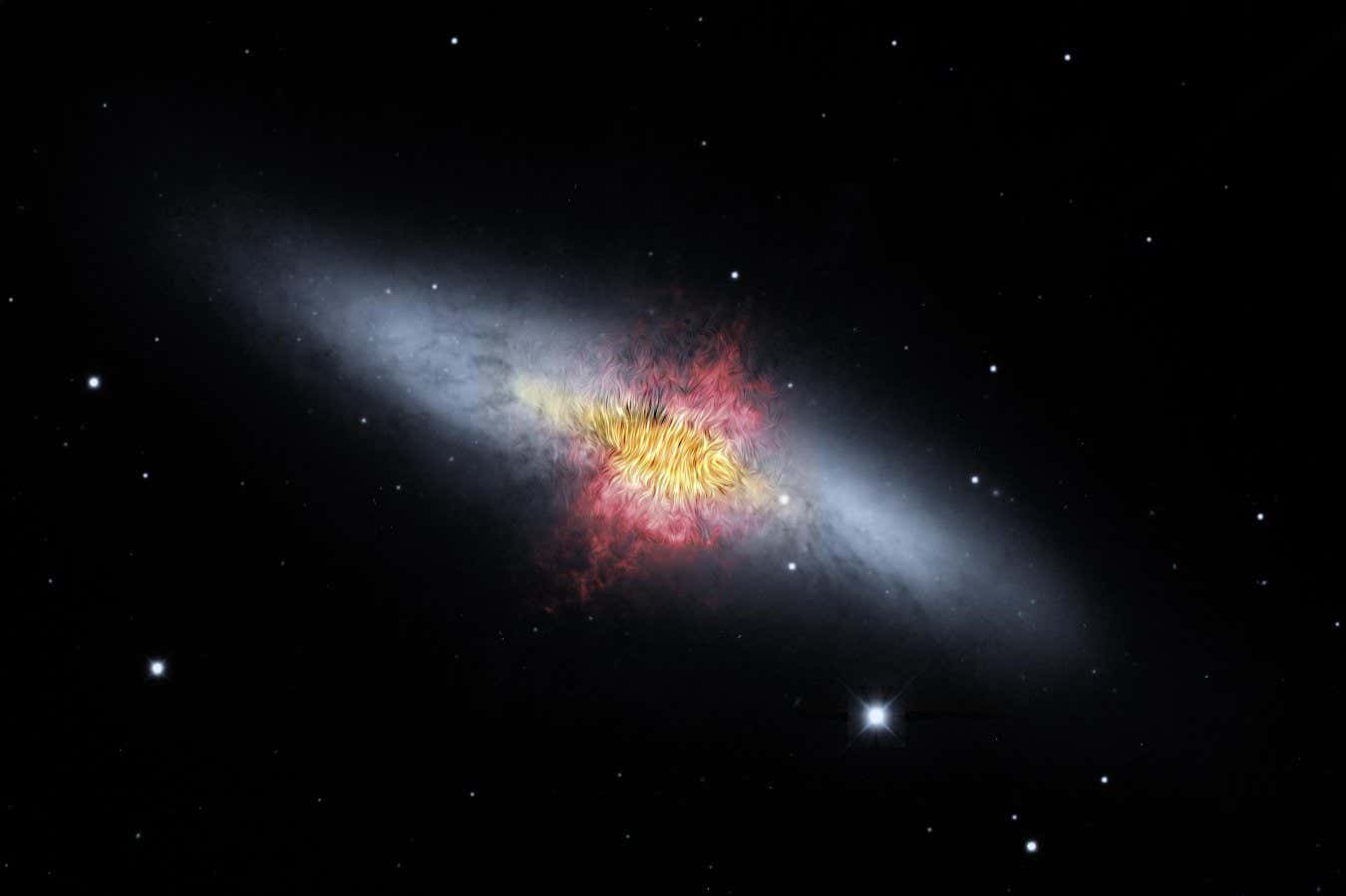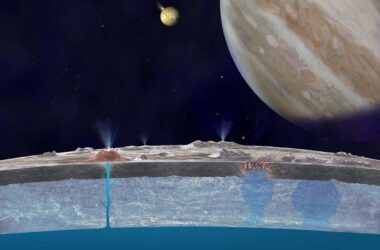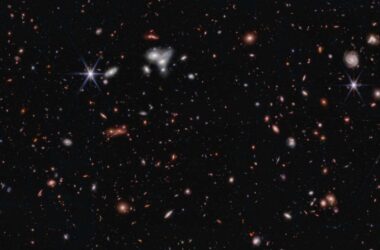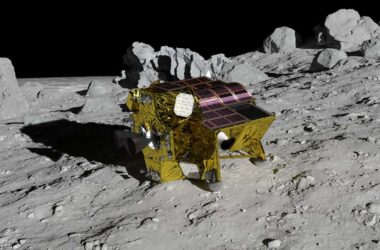Scientists may have uncovered how the magnetic fields that exist throughout the universe first originated. Through a series of simulations, researchers have shown how powerful magnetic fields could have developed from an unmagnetized plasma. This finding could provide important insights into the early stages of the universe.
The study, conducted by Lorenzo Sironi at Columbia University in New York and his colleagues, focused on the Weibel instability. This phenomenon occurs when a fluid, such as plasma, becomes turbulent, leading to asymmetries when particles move in certain directions more than others.

The simulations revealed that the Weibel instability can generate magnetic fields on a large scale. This suggests that during the early stages of the universe, when much of it was in the form of unmagnetized plasma, powerful magnetic fields may have emerged.
This research is significant because it offers a potential explanation for the presence of magnetic fields in galaxies. Understanding the origin of these magnetic fields is crucial for comprehending the formation and evolution of galaxies in the universe.
Overall, these findings shed light on the cosmic evolution of magnetic fields and provide valuable insights into the mechanisms that shape our universe.








